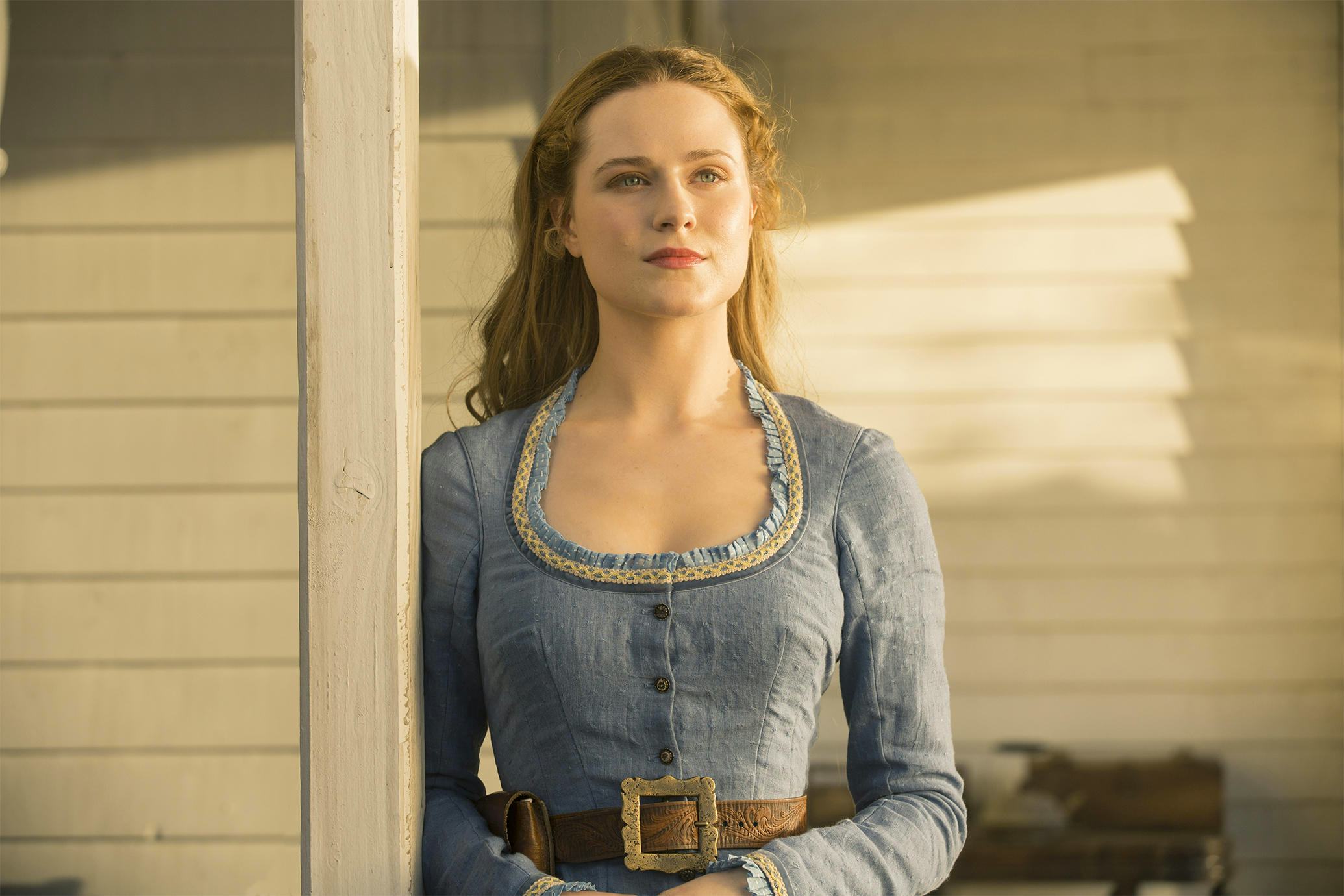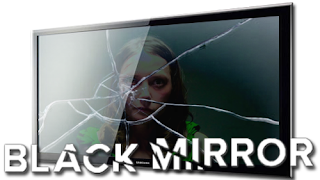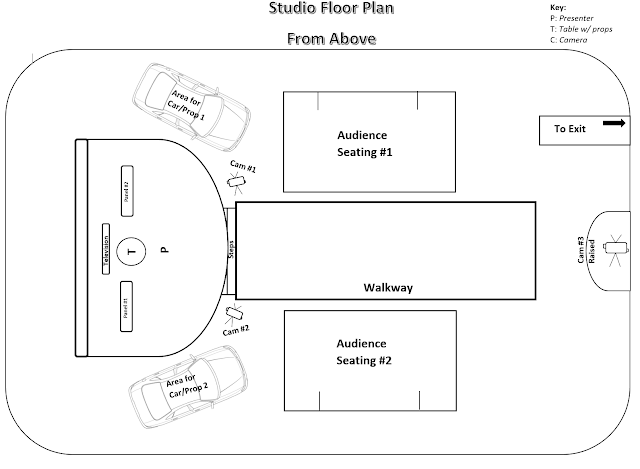Contextual Studies| 500 Word Review - Westworld
 As many sci-fi fans will know, the show 'Westworld' is based on the 1973 feature film of the same name (written and directed by Michael Crichton), and the premise is basically the same as it was then: In a future where technological possibilities are seemingly endless, a highly sophisticated theme park offers rich clients the chance to visit the long gone era of the Old West (Crichton later explored a variation of that theme in a certain well known novel – which was then adapted by a certain Mr. Spielberg - albeit with slightly different creatures than cowboys populating a slightly more "jurassic" environment).
As many sci-fi fans will know, the show 'Westworld' is based on the 1973 feature film of the same name (written and directed by Michael Crichton), and the premise is basically the same as it was then: In a future where technological possibilities are seemingly endless, a highly sophisticated theme park offers rich clients the chance to visit the long gone era of the Old West (Crichton later explored a variation of that theme in a certain well known novel – which was then adapted by a certain Mr. Spielberg - albeit with slightly different creatures than cowboys populating a slightly more "jurassic" environment).The show does a great job pulling the viewer immediately into Westworld. Within 10 minutes of the first episode, the basic rules of the theme park are established: paying guests called "newcomers" get to interact with androids called "hosts" (which to the naked eye are indiscernible from the guests) in a world dressed up like the Old West – and in this world, the guest truly is king. The rules are brutally simple: the visitors get to do whatever they like with – or to – the androids. They can have a friendly chat with them, flirt with them or embark on a spontaneous (or scripted) adventure with them – but they can also shoot them, rape them, torture them and kill them at will. Imagine a real-life version of the game 'Grand Theft Auto' (in a slightly different setting) and you'll get the idea.
The androids, on the other hand, are constructed and programmed in a way that is supposed to inhibit them from physically harming "living" creatures. At the beginning of the show - thanks to an interesting choice of storytelling - we get to experience Westworld from the perspective of the androids, which reveals a cruel detail about their nature: they apparently experience emotions. Artificial or not, they do feel pain and fear – as well as affection and anger, and they have no idea that they don't count as "real" people (at least not to those who call themselves real people). And while that detail certainly makes the "game" even more thrilling and more realistic for the visitors, it means that the shocking abuse some of the androids have to suffer is harrowingly real to them.
The way the show is constructed - so far - it immediately confronts the viewer with very uncomfortable questions. How do we as humans behave towards creatures we consider non-human? How excessive do we become and how thin does our layer of morality turn out to be if we're allowed to live out all our fantasies without having to fear any consequences for our actions? And at what point should a creature have rights similar to those we demand for ourselves? How do we define "sentient"? How do we define "human"? And how well do we actually understand - and how well are we able to control - the amazing technology our species seems to have acquired so suddenly?
As an avid film fan, I found 'Westworld' immediately intriguing; not only because it dares to challenge the viewer with fascinating philosophical questions and scientific concepts, but also because its premise offers the chance to explore a wide range of film genres: sci- fi, western, drama, horror - to name but a few. In the first few episodes alone, there are hints of many of my favorite films and stories such as (obviously) 'Frankenstein', 'Blade Runner', 'A.I.', 'Ex Machina', 'Jurassic Park', 'The Truman Show' and 'Rise of the Planet of the Apes' (and I suspect somewhere down the road there will be a strong 'Spartacus' vibe). As for the non plot related aspects of the show: production design, music and effects are fantastic – as we've come to expect from HBO's high concept productions – and, with very few exceptions, the impressive ensemble of high caliber actors do a great job at bringing their respective characters to life (artificial and otherwise).
A special mention needs to go to Ed Harris and Anthony Hopkins: their charismatic screen presence is once more just impossible to ignore and they simply own every scene they're in. Generally speaking, there really isn't much to complain about in 'Westworld' (so far), and I'm pretty sure HBO have another winner. Given the amount of talent involved, anything else actually would have been surprising. Produced by J.J. Abrams, created by Jonathan Nolan and Lisa Joy Nolan based on a concept by the late – great – Michael Crichton; directed by Neil Marshall and Vincenzo Natali (among others), and with a cast most shows would kill for, the stars really seem to have aligned for 'Westworld'.
My overall verdict so far: 'Westworld' is intelligent science fiction for adults (some scenes are very graphic) which offers more than just eye candy and is full of mysteries for the patient viewer to uncover. The show's main themes may not be new, but I found the way they are presented never less than compelling. It succeeds in creating a powerful metaphor for oppression, and by showing how quickly humans tend to deem "un-humane" treatment of other beings acceptable - once they've managed to convince themselves they're "less" human than they are - the show drove a point home that resonated strongly with me.





i really want to see Westworld!
ReplyDeleteYou should! Great show.
ReplyDelete